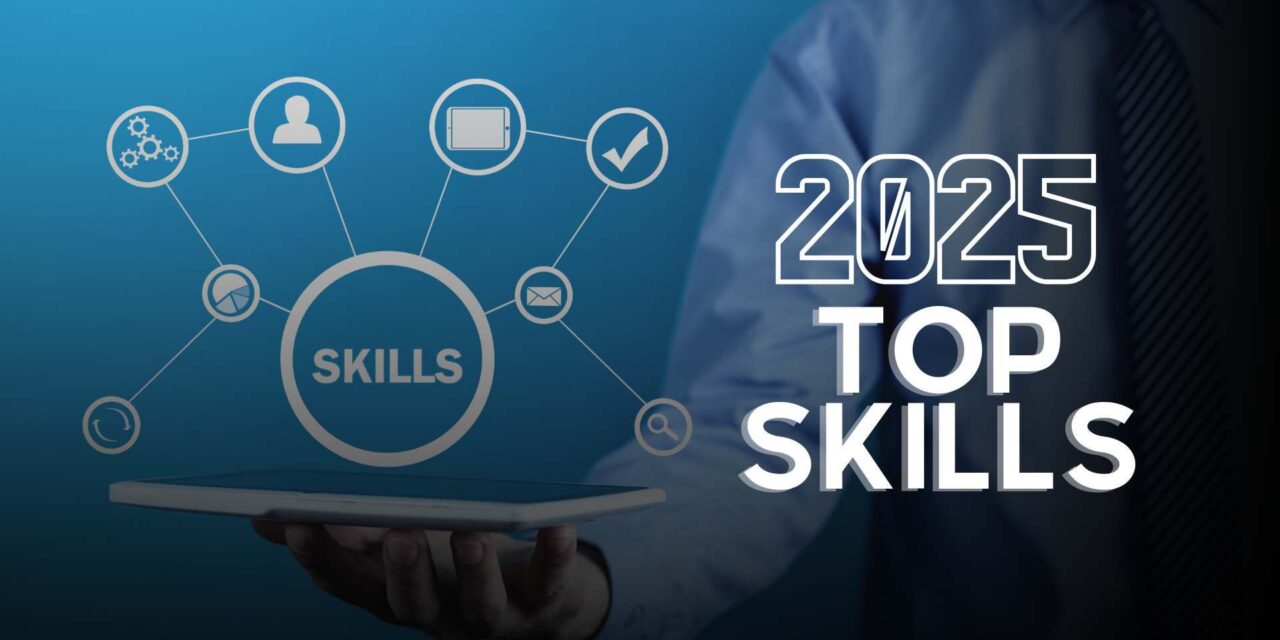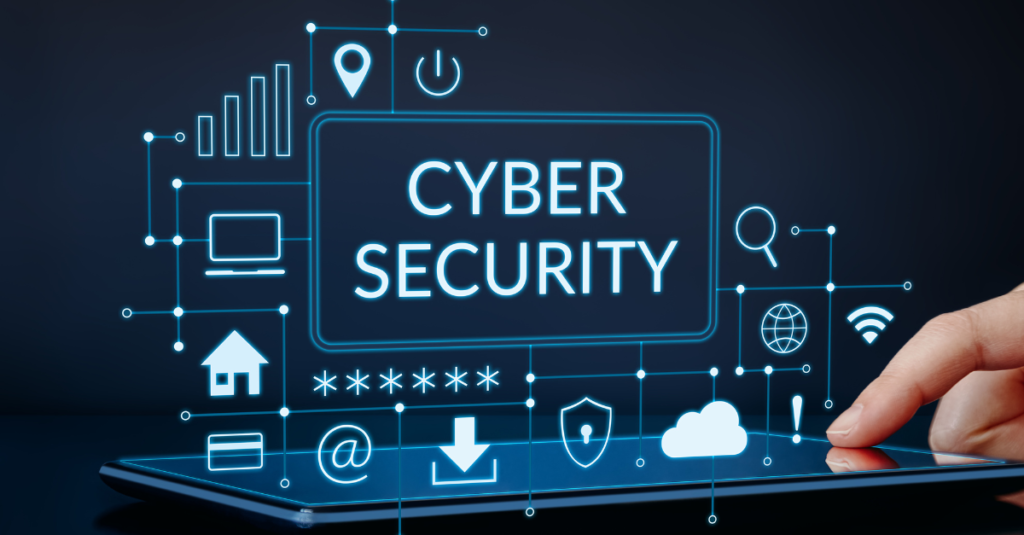Introduction to Future Tech Skills
As we progress further into the digital era, having the right tech skills becomes increasingly important. By 2025, the tech landscape will have undergone significant changes, making it essential for both individuals and businesses to keep pace. Emerging technologies such as artificial intelligence, blockchain, and cloud computing are poised to revolutionize various industries. These advancements will demand a workforce proficient in new and evolving tech skills. As the importance of data-driven decision-making grows, skills in data science and analytics will become indispensable. Additionally, with the increasing reliance on digital platforms, expertise in cybersecurity will be vital to protect sensitive information and maintain trust. Understanding and mastering these tech skills will be crucial for those aiming to excel and stay competitive in the tech-driven world of 2025.
Artificial Intelligence and Machine Learning
Artificial Intelligence (AI) and Machine Learning (ML) are crucial in today’s tech world. These technologies allow machines to learn from data and make informed decisions, significantly impacting various industries. Sectors like healthcare, finance, and retail are using AI and ML to improve efficiency and foster innovation. For instance, AI is used for predictive analytics, while ML algorithms enhance customer service automation.
To excel in AI and ML, tech professionals need to be proficient in areas like deep learning, neural networks, and natural language processing. Familiarity with programming languages such as Python and R, along with frameworks like TensorFlow and PyTorch, is also essential. By developing these skills, professionals can contribute to creating intelligent systems that drive progress and innovation across multiple fields.
The application of AI and ML extends to areas like personalized medicine, fraud detection, and recommendation systems, making them indispensable tools in the modern tech arsenal. As these technologies continue to evolve, the demand for skilled professionals in AI and ML will only increase, providing abundant opportunities for those ready to meet the challenge.
Cybersecurity Expertise
In today’s digital age, the importance of cybersecurity cannot be overstated. As cyber threats become increasingly sophisticated, the need for skilled cybersecurity professionals has skyrocketed. Core competencies in this field include network security, threat analysis, and ethical hacking. Understanding these areas is crucial for identifying vulnerabilities, detecting malicious activities, and implementing protective measures.
Additionally, familiarity with cybersecurity frameworks and compliance standards like ISO 27001 and GDPR is essential. These standards help organizations maintain robust security protocols and ensure the confidentiality, integrity, and availability of data. Proficiency in tools such as firewalls, intrusion detection systems, and endpoint protection software is also necessary.
The rise of remote work and cloud computing has added complexity to the cybersecurity landscape. Professionals must now focus on securing not just traditional IT infrastructure but also cloud environments and remote endpoints. Skills in cloud security, including knowledge of AWS, Azure, and Google Cloud security practices, have become increasingly valuable.
Cybersecurity professionals also need to stay updated on the latest threat intelligence and vulnerability assessments. Participating in continuous education and obtaining certifications like Certified Information Systems Security Professional (CISSP) or Certified Ethical Hacker (CEH) can enhance one’s credibility and expertise in this dynamic field. By cultivating these skills, tech professionals can play a critical role in defending against cyber threats and ensuring the safety of digital assets.
Data Science and Analytics
Data science and analytics play a critical role in today’s data-driven world, empowering businesses to make informed decisions based on robust data insights. Core skills in this field include statistical analysis, machine learning, and data visualization, which enable professionals to interpret and present complex data in understandable ways. Proficiency in programming languages like Python and R is essential for conducting sophisticated data analysis. Additionally, expertise in SQL is crucial for querying and managing large datasets.
Tools such as Tableau, Power BI, and Hadoop are widely used for data visualization and big data processing, respectively. These tools help transform raw data into interactive visualizations and actionable insights, fostering better business strategies and outcomes. Understanding data wrangling techniques is also important for cleaning and preparing data for analysis, ensuring accuracy and reliability.
Moreover, knowledge of machine learning algorithms and models can enhance predictive analytics capabilities, allowing businesses to forecast trends and behaviors with greater accuracy. Familiarity with cloud-based analytics platforms, such as Google Cloud’s BigQuery and AWS Redshift, is becoming increasingly valuable as organizations move their data operations to the cloud.
In a landscape where data is continually generated and consumed, mastering these skills enables professionals to harness the power of data science and analytics effectively, driving innovation and growth across industries.
Cloud Computing
Cloud computing offers businesses scalable and cost-effective solutions, revolutionizing operational efficiency. By leveraging leading platforms such as Amazon Web Services (AWS), Microsoft Azure, and Google Cloud, organizations can optimize resources and reduce costs. Mastery of these platforms enables tech professionals to design, deploy, and manage cloud-based infrastructure effectively. Key skills include understanding virtualization, cloud architecture, and containerization technologies like Docker and Kubernetes. Knowledge of cloud security practices is also crucial, as safeguarding data and applications in the cloud is a top priority. Additionally, familiarity with DevOps methodologies can enhance collaboration between development and operations teams, leading to more efficient and reliable software delivery. As more companies migrate to the cloud, expertise in cloud-native development and serverless computing will become increasingly valuable.
Blockchain Technology
Blockchain technology, initially known for its role in powering cryptocurrencies, is now expanding its applications to various sectors. From supply chain management to digital identity verification, blockchain is proving to be a transformative force. However, one of the notable challenges in this field is the limited availability of technical skillsets necessary to implement blockchain solutions. This highlights the need for tech professionals to develop skills in blockchain development, smart contract programming, and understanding distributed ledger technology. Smart contracts, which are self-executing contracts with the terms directly written into code, have the potential to automate and secure transactions without intermediaries. To master blockchain, familiarity with platforms like Ethereum, Hyperledger, and Solidity programming language is essential. Additionally, understanding cryptographic principles and consensus algorithms is crucial for building secure and efficient blockchain networks. By developing these skills, tech professionals can contribute to innovative blockchain solutions that enhance transparency, security, and efficiency across various industries.
Internet of Things (IoT)
The Internet of Things (IoT) is revolutionizing the way we interact with the world by enabling the connection of devices and systems for real-time data collection and analysis. Industries such as agriculture, healthcare, and manufacturing are leveraging IoT to enhance operational efficiency and productivity. Key skills for excelling in IoT development include a strong understanding of sensor technologies, cloud computing, and data analytics.
Knowledge of sensor technologies is fundamental for developing IoT applications, as sensors are the primary components that capture data from the physical environment. Cloud computing skills are also essential, as IoT devices generate vast amounts of data that need to be stored, processed, and analyzed efficiently. Familiarity with platforms like AWS IoT, Microsoft Azure IoT, and Google Cloud IoT can greatly benefit tech professionals working in this field.
Additionally, data analytics plays a crucial role in interpreting the massive data streams generated by IoT devices. Professionals should be proficient in data analysis tools and techniques to derive actionable insights from raw data. Skills in programming languages such as Python and JavaScript, as well as experience with IoT-specific frameworks like Node-RED and ThingSpeak, can enhance an individual’s ability to develop robust IoT solutions.
Understanding communication protocols such as MQTT, CoAP, and Zigbee is also vital for ensuring seamless data transmission between devices. Moreover, expertise in cybersecurity is becoming increasingly important as IoT devices can be vulnerable to cyber-attacks. Implementing security measures to protect data integrity and privacy is paramount.
By mastering these skills, tech professionals can contribute to the development of innovative IoT solutions that drive advancements and improve efficiency across various sectors.
Conclusion
As we move towards 2025, it’s clear that staying current with the right tech skills is more important than ever. The technological landscape is rapidly evolving, and the ability to adapt will set apart successful professionals from the rest. Gaining expertise in AI and ML will not only enhance your understanding of predictive analytics and customer service automation but also position you to contribute to advancements in fields like personalized medicine and fraud detection. Mastering cybersecurity will help you safeguard critical data and systems in an increasingly digital and interconnected world.
Furthermore, the rise of cloud computing and IoT underscores the necessity for proficiency in platforms like AWS, Microsoft Azure, and Google Cloud. These skills will enable you to design and manage scalable, cost-effective solutions. Understanding blockchain technology, from smart contracts to cryptographic principles, can lead to innovative applications in various sectors beyond cryptocurrencies, such as supply chain management and digital identity verification.
Data science and analytics remain at the core of data-driven decision-making, requiring skills in statistical analysis, machine learning, and data visualization tools. As businesses continue to generate and rely on vast amounts of data, your ability to interpret and present this information will drive strategic decisions and innovation.
Whether you’re a seasoned tech professional or just starting, these skills will be invaluable in navigating the tech world of 2025. Take advantage of online courses, workshops, and tech communities to hone these skills. Continuous learning and adapting to new technological trends will ensure you stay ahead of the curve and ready to seize the opportunities that lie ahead.



